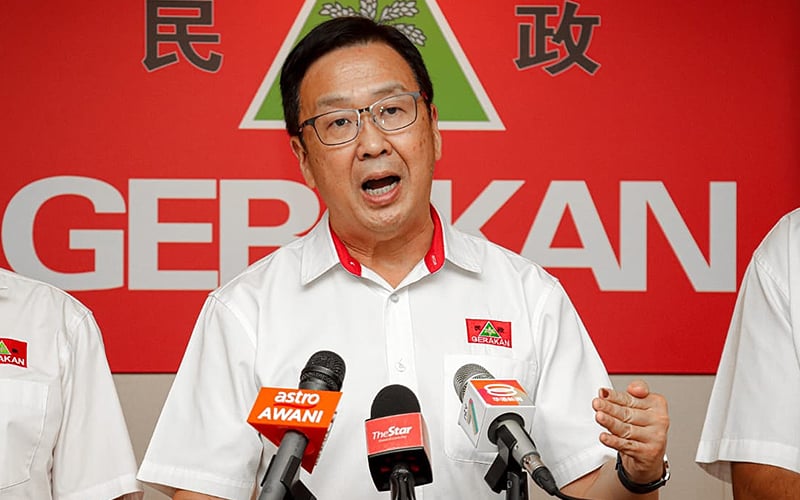
PETALING JAYA: Gerakan president Dominic Lau has criticised a recent amendment to the Trade Unions Act 1959 which eliminates restrictions on the formation of trade unions.
He said while the Federal Constitution guarantees freedom of association, the establishment of more than one union could lead to the “destruction of unions”.
Lau said the existence of multiple unions in any establishment, trade, occupation or industry could lead to jurisdictional overlaps and a fractured workplace.
“Multiple unions could result in intense competition and conflict (among unions). Employers could also establish fake unions and weaken those fighting for workers’ rights,” he said in a statement.
Lau also proposed the automatic registration of new employees into unions, with an opt-out option.
This was because union membership in the country is below 10% of the total registered workforce, Lau said. Automatic registration will provide an opportunity for young workers to understand their rights, he added.
On Oct 10, the Dewan Rakyat passed an amendment to the Trade Unions Act 1959 aimed at allowing the formation of multiple trade unions in any establishment, trade, occupation or industry. The bill now has to go through the Dewan Negara.
Human resources minister V Sivakumar said the amendment was in line with the principle of freedom of association, whereby employees are free to establish or join any trade union of their choice.
However, numerous unions have condemned the amendment, stating that it will affect the solidarity of unions and weaken their bargaining power.
Last week, the Coalition Against Multiplicity of Unions (Camu) submitted a memorandum to Prime Minister Anwar Ibrahim to protest the amendment.
Camu president Rudy Rusly said the amendment will have negative consequences, notably weakening the voice of the workers. - FMT
No comments:
Post a Comment
Note: Only a member of this blog may post a comment.